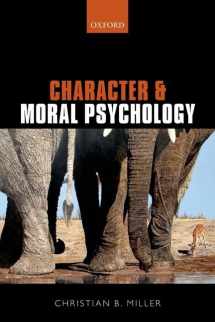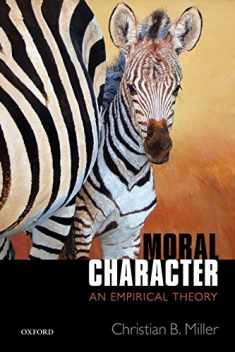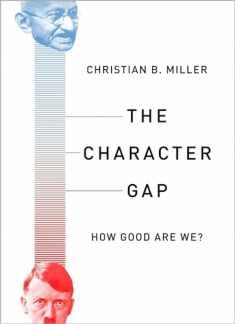
Character and Moral Psychology
Book details
Summary
Description
Philosophers and psychologists have been hard at work trying to unlock the mysteries of our characters. Unfortunately, their answers have been all over the map. According to one position, every single person has all of the moral virtues, such as modesty and compassion, although to varying degrees. Yet according to another position, no one has any character traits at all since they are simply illusions and do not exist. Hence not one person is honest or compassionate or courageous. And between these extremes, there are plenty of intermediate views.
Christian B. Miller argues that not one of these leading positions accurately reflects what most of us are like today. He explores the implications of the Mixed Trait framework-a theory of moral character developed in his previous book, Moral Character: An Empirical Theory. Mixed traits have both morally positive aspects (hence they are not vices) along with morally negative aspects (hence they are not virtues). Miller engages with the other leading positions on the empirical nature of character: situationism, the CAPS model, the Big Five model, and the local trait model. He goes on to apply the Mixed Trait framework to several important topics in ethics, especially the development of an error theory about judgments of character and the challenge faced by virtue ethics from the widespread lack of virtue.


We would LOVE it if you could help us and other readers by reviewing the book
Book review





